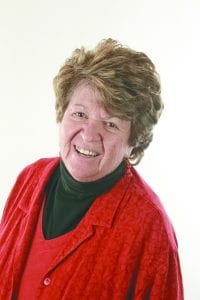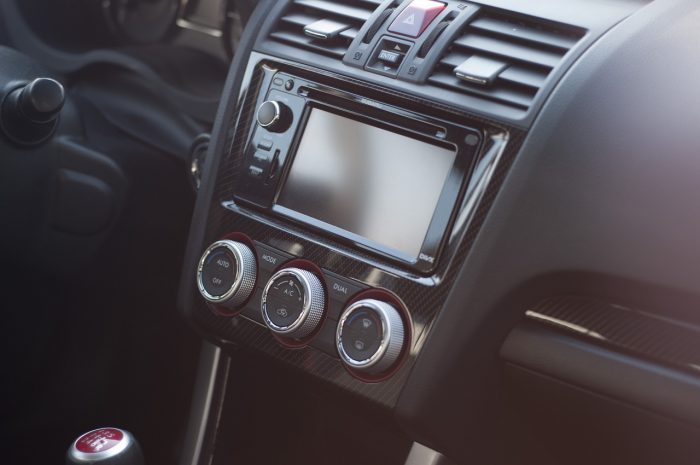Between You and Me: One more death to be concerned about
By Leah S. Dunaief

Publisher
Perhaps you don’t listen to the radio much, or at all. It’s a great way to turn to the latest news when we are driving in the car, where we in the suburbs spend so much of our time.
I have my dial set at CBS NewsRadio on 880 AM, and I flick it on whenever I am on the road. I will also listen to the all news station just before I go to sleep at night and right after I wake up in the morning. I am, after all, in the news business and need to be aware of what is happening both in the world and on Long Island. Besides, I have always been something of a news junkie. So you can imagine my disappointment when I heard the latest news from the station.
CBS NewsRadio will no longer broadcast the news 24/7.
The station gave no explanation, but of course I know why: not enough advertising.
The media is being devastated in the pocketbook. It’s not just newspapers that are feeling the squeeze to the bottom line. It is also television, cable and radio. Many people are getting their news from online and social media. But those sources are not vetted and subject to the higher standards of a free press or broadcasting. They often contain biased or even total untruths and can dangerously spread misinformation.
This is a genuine threat to our democracy, which can only exist if people are correctly informed of what is happening around them and thus can support those officials who properly represent them. Even The New York Times, with a huge circulation in New York, has now decided to stop endorsing candidates in the state.
Again, while the newspaper doesn’t give a reason for the omission it announced, I can fairly well guess why. It takes a lot of extra time and effort to interview candidates for national, statewide and local offices, and then to discuss the results and ultimately write up the endorsements. We know about that. And time means money.
Yes, endorsements sometimes result in hurt feelings and displeasure on the part of the party or candidates not selected, but that has always been a factor in elections. Unendorsed officials, political parties and the media need each other, and after an election, they resume their sometimes shaky relationship. That, in itself, is not a reason for discontinuing the highly valuable service for readers of publishing the impressions of journalists who cover the candidates on a regular basis and have privileged personal access to them during interviews. “It mattered because it helped keep candidates honest, from taking cheap shots and saying what’s popular instead of what’s hard,” was one observation from a political source.
The issue is money.
CBS NewsRadio offered a broad range of news categories, from international and national, to state and local information. It also gave health, economic, weather, traffic and sports overviews in a structured half-hourly schedule. All of that readily available news will be missed.
The pressure on news outlets is extreme today. Based on the old fashioned model, news has been supplied to the public freely with the underwriting of advertising support. But that model is broken.
Advertising has drifted to the much followed digital services like Google and Apple, leaving traditional media adrift. While some advertising continues to flow to these media, not enough does to sustain all the outlets.
For example, 6000 newspapers used to exist in the United States. Today, that number is about 2500 and are beset with financial woes. The New York Times decided to shift its base of support from solely advertising to the customers of their information, the readers. It installed a paywall for the readers. While that business strategy seems to be working for the NYT, it has so far failed any number of others.
Community news media are also suffering. “Truth of the matter is, who I elect to the school board affects me much more than who I vote for for president,” was said by one media specialist. We, too, need help.







